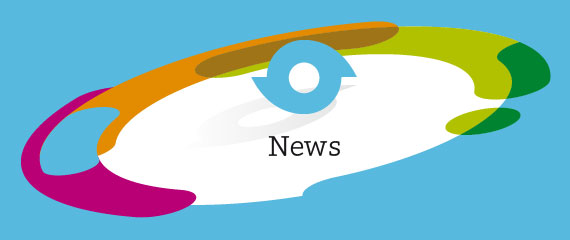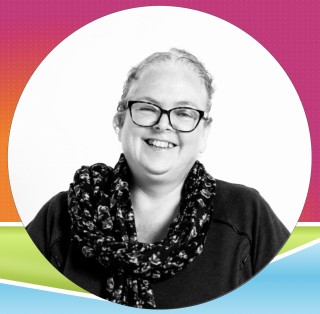The start of lockdown saw the transfer of all classes to online platforms such as MS teams and Kaltura. The whole university moved to the online world. “We had to ‘translate’ the classes to an digital setting, including the unwritten rules and social interaction, and all within one week”, says Tanja de Bie, project coordinator at the Centre for Innovation at Leiden University. LeidenGlobal spoke with her about digital learning, tools and the challenges for the future.
The Centre for Innovation, initially set up to explore digital technology for education and social impact, supports Leiden University in digital learning and innovation methodologies, works together with partners such as ICLON and international NGOs such as Transparency International. Over the years they have made a wide range of different MOOCs (Massive Open Online Course) and SPOCs (Small Private Online Course). “We want to transfer our knowledge on innovation to a wider public and thus have a positive impact on society.”
Catching LeidenGlobal’s eye through the lively discussions and her interesting tips and tricks about online learning on her Twitter page, Tanja de Bie embodies this principle to the fullest. Enthusiastically, she helps teachers (and students) to handle the world of online learning and is an expert on the use of new technology in education. Recently, she has launched a self-study training on moderating online communities.
Apart from the online classes, the use of digital tools such as Virtual Reality(VR) and chatbots is not as obvious with the Humanities and the Social Sciences. However those fields could and should benefit as well, noticed De Bie. For instance, within Archaeology, they have utilise VR to experience being on an excavation site, and within history, VR and videogames can help to picture the past even more. The same can be said of tools used for education: teachers can make a podcast, use animations, make videos as well as give ‘normal’ classes. “The mixture of tools within education will help make it more engaging for students.” De Bie remarks that passing on these skills to other colleagues and students would be an added bonus. “Peer-to-peer feedback is valuable.”
What does the future have in stall? According to De Bie, these forms of blended learning will stick around even after the pandemic. This type of learning will enable students to have both online and in-person education, thus, getting the most out of their classes. “We all are still learning the wonders of innovation.”
Would you like to know more about online communities? Read Tanja de Bie’s articles on digital conferences, building an engaging community and internet trolls.
Interview by LeidenGlobal intern Karianne Ooijevaar
December 2020

